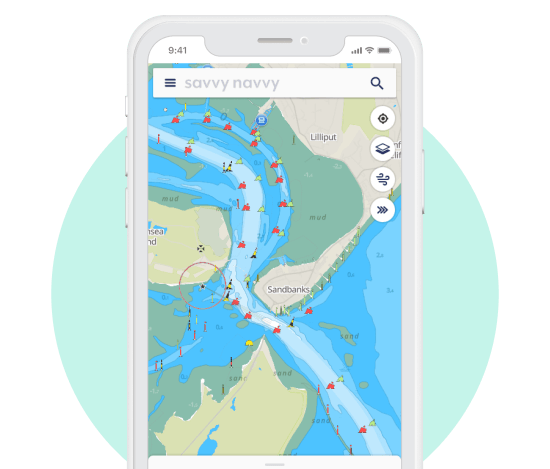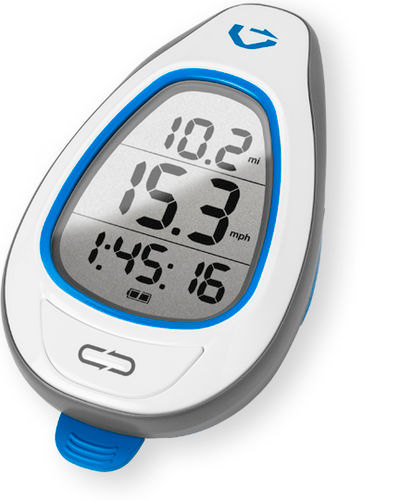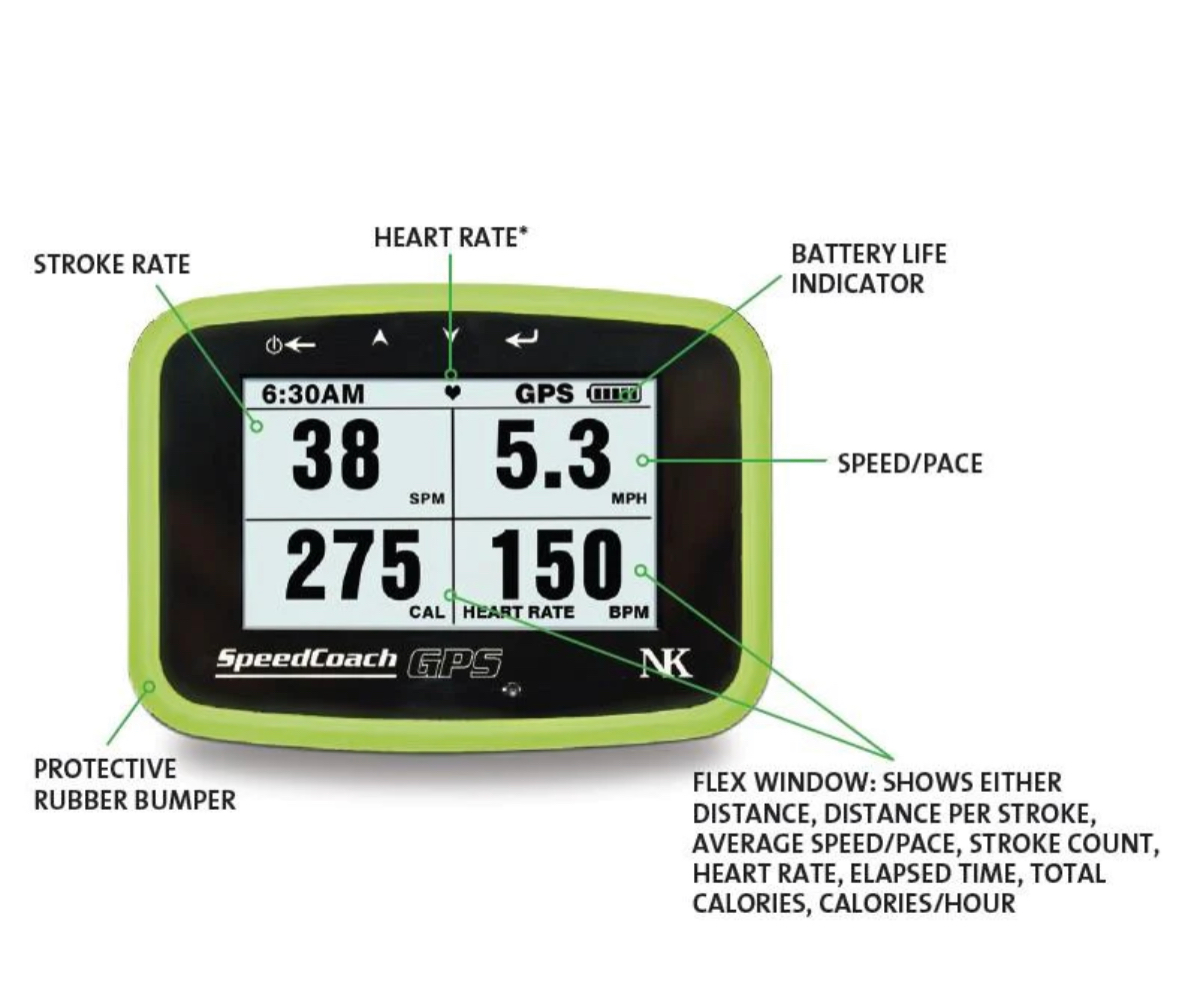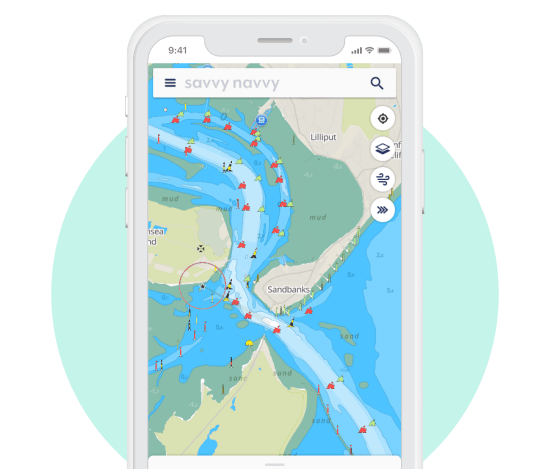
How to use GPS to Improve your Paddle Boarding
GPS (Global Positioning System) is an indispensable tool for outdoor sports enthusiasts. It plays an equally significant role in enhancing your paddle boarding experience. GPS can help you track your routes, measure distances, and even keep an eye on weather conditions. But most importantly,it is pivotal for safety purposes, helping you locate your position in open waters, making it easier for others to find you in case of emergencies.
Key Highlights:
-
Introduction to GPS in Paddle Boarding: Emphasize the critical role of GPS in improving paddle boarding by ensuring safety and enhancing navigational skills.
-
Choosing the Right GPS Device: Discussion on the types of GPS devices suitable for paddle boarding, including waterproof smartphones and GPS watches, highlighting their convenience and functionality.
-
Benefits of Using GPS for Paddle Boarding: Outline how GPS technology aids in route tracking, speed and distance measurements, and significantly boosts safety on the water.
-
GPS Apps for Enhanced Paddle Boarding: Introduce various GPS apps designed specifically for water sports, mentioning their features like live location sharing, weather forecasts, and tracking paddle strokes.
-
Practical GPS Usage Tips: Offer tips on getting familiar with GPS devices, ensuring their security during paddling sessions, and leveraging GPS for training and performance analysis.
-
The Importance of Pairing GPS with Other Equipment: Explain how integrating GPS with paddle board equipment like heart rate monitors can offer a comprehensive overview of fitness levels and paddling performance.
-
The Future of GPS in Paddle Boarding: Speculate on how GPS technology might evolve, offering more detailed analyses and real-time environmental data to paddlers.
-
A Cautionary Note on Relying Solely on GPS: Stress the importance of not becoming overly dependent on GPS and the necessity of basic navigation skills and common sense.

GPS Devices for Paddle Boarding
You don't need a complex, high-end GPS unit for paddle boarding. A simple, waterproof device, or even a smartphone equipped with a GPS app, can provide you with the necessary features to improve your paddle boarding experience. Whether you prefer solid paddle boards or inflatable paddle boards, it's essential to carry a GPS device, especially when you're in the open ocean or any unfamiliar body of water.
GPS Watches
GPS watches are a popular choice among paddle boarders. They're lightweight, convenient, and packed with features that can enhance your SUP adventure. Some GPS watches even come with features tailored for paddle boarding, such as tracking the number of paddle strokes you make, measuring your speed, and providing wind forecasts.
How to Use GPS to Improve your Paddle Board Skills
Route Tracking and Navigation
One of the main advantages of using a GPS device while paddle boarding is its ability to track your route. GPS devices can show you the route you've taken, allowing you to discover new paddling routes and helping you return to your starting point. It also assists in navigation, particularly when paddling in large bodies of water, like an open ocean, where landmarks might be scarce.
Speed and Distance Measurements
Using GPS while paddle boarding allows you to measure your speed and distance covered. This information can be beneficial, especially for advanced paddlers who are keen on improving their paddling techniques and speed. You can monitor your progress over time, adjust your paddle stroke, and even use it to set and achieve fitness goals.
Safety

Safety is paramount in paddle boarding, and a GPS device enhances safety significantly. It allows you to share your real-time location with others. In case of emergencies, a GPS signal can be vital in directing coast guards or other rescue teams to your location.
GPS Apps for Paddle Boarding
There are various GPS apps designed for outdoor water activities, including paddle boarding. These apps offer a range of features, such as live location sharing, weather forecasts, wind speed and direction, tides, and water temperature. They can also log your route, distance, speed, and the number of paddle strokes.
GPS and Paddle Boarding Tips
Familiarize Yourself with the Device
Before you head out for your first SUP outing with your new GPS device, spend some time getting familiar with it. Understand its features, how to access different settings, and how to interpret the data it provides.
Keep the Device Secure
Always ensure your GPS device is secure, whether it's a watch, a handheld unit, or your smartphone. Losing your GPS in the middle of a paddling session can be frustrating and potentially dangerous. Consider using a dry bag for added protection.
Use GPS for Training
GPS devices can serve as a great training tool for paddle boarding. By tracking your distance, speed, and number of strokes, you can analyze your performance and identify areas that need improvement. This data can help you perfect your paddle technique and enhance your overall efficiency on the board. It also gives you a quantifiable way to track your progress and set personal goals. For instance, you may aim to increase the distance you paddle in a single session or try to improve your speed over a set course.
Pairing GPS with other Paddle Board Equipment
Integrating your GPS device with other paddle board equipment can further enhance your paddle boarding experience. For instance, coupling your GPS with a heart rate monitor can give you an in-depth understanding of your fitness levelsand how your body responds to different paddling intensities. Moreover, some high-end stand up paddle board leash options have built-in compartments for small GPS devices. This way, even if you fall off the board, your GPS remains secure and easily accessible.
The Future of GPS and Paddle Boarding
With technological advancements, GPS use in paddle boarding is likely to become even more prevalent and sophisticated. Future devices may offer more detailed analysis of paddling techniques, personalized coaching, and real-time tracking of marine life in your vicinity. While the future of GPS and paddle boarding seems promising, it's crucial to remember that technology should enhance, not overshadow, the joy and serenity that paddle boarding brings. After all, part of the sport's allure is the chance to disconnect, enjoy nature, and focus on the rhythm of your paddle stroke as it propels you through the water.
Don't Rely Solely on GPS

While a GPS is an excellent tool for paddle boarding, it shouldn't replace basic navigation skills and common sense. Batteries can die, and signals can get lost. Therefore, it's crucial to know how to navigate without it.
Paddle boarding is a fun and rewarding sport. Integrating a GPS into your paddle boarding routine will not only boost your performance but also ensure your safety on the water. So, strap on that GPS, grab your paddle, and hit the water!

